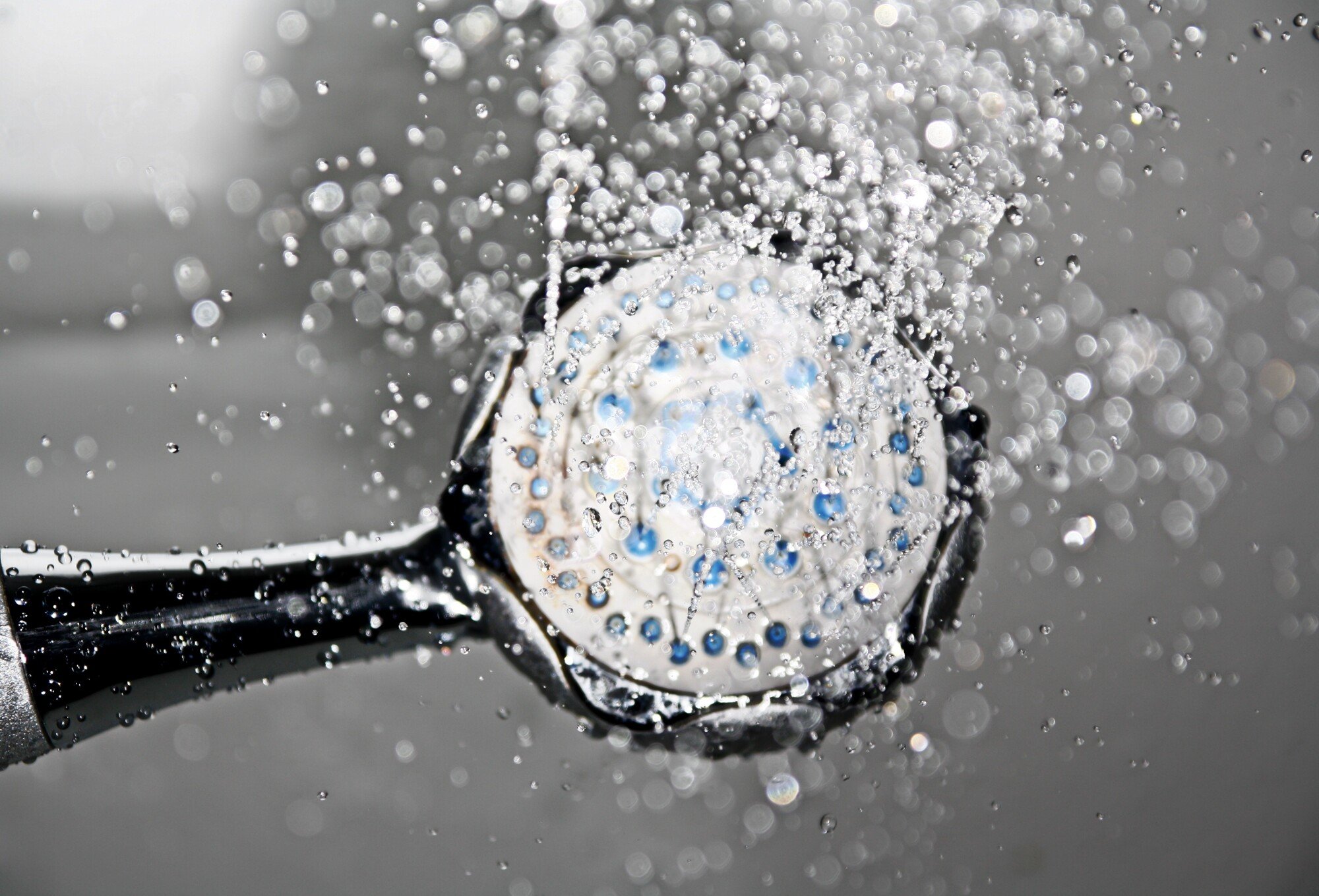Are you tired of purchasing vegetables from the supermarket that lack taste and nutritional value? Do you want to be more self-sufficient and eat more fresh produce? Then growing your own vegetables is the perfect solution! Read on as we look at some tips and tricks for creating a successful DIY vegetable garden.
Planning
Before starting your vegetable garden, it is essential to have a plan in place. Take some time to research the vegetables that you want to grow and learn about their ideal growing conditions, such as the amount of sunlight, water, and space they require. Next, determine how much space you have available in your garden and what type of soil you have by drawing a rough sketch of your garden and mapping out where you will plant each vegetable. To keep your hard work safe from vandals and thieves, include a secure fence for your garden in your plans. If you need any assistance, contact your local fence material supplier for expert advice and guidance.
Start with the Right Soil
The quality of soil is a critical factor in the success of your vegetable garden. It’s essential to choose the right soil that is rich in nutrients, well-draining, loose, and crumbly. You can either purchase garden soil or create your own by combining equal parts of compost, topsoil, and sand. The soil should have a pH level between 6.0 and 7.0, the ideal range for most vegetables. Testing your soil’s pH level and nutrient content can help determine what amendments are needed.
Start Seeds Indoors
Starting seeds indoors is a great way to get a head start on the growing season and give your plants a better chance of survival. Using a seed starter kit can help ensure that your seeds have the ideal conditions for germination. Follow the instructions on the packet for planting and watering, and keep the seedlings in a warm, sunny location. Once the seedlings have grown to a sufficient size, transplant them into your garden. This can be done after the last frost date in your area when the soil has warmed up enough to support plant growth.
Water Properly
Watering your garden properly is essential to keep your plants healthy and productive. How much and how often you water your garden will depend on a few factors, such as what type of soil you have, what the weather conditions are like in your area, and the plant’s specific needs. The time of day you water is important, and it’s best to water either late in the evening or early in the morning so that plants can absorb water more effectively.
Control Pests and Diseases
Pests and diseases can wreak havoc on your garden, so monitor your plants regularly for signs of damage and take action as soon as you notice a problem. Consider using organic methods such as companion planting, handpicking pests, and using natural pest repellents to keep pests in check.
By following these tips and tricks, you can create a successful DIY vegetable garden that provides you with fresh, nutritious produce all year round. So, get your hands dirty and make your stomach happy today!



